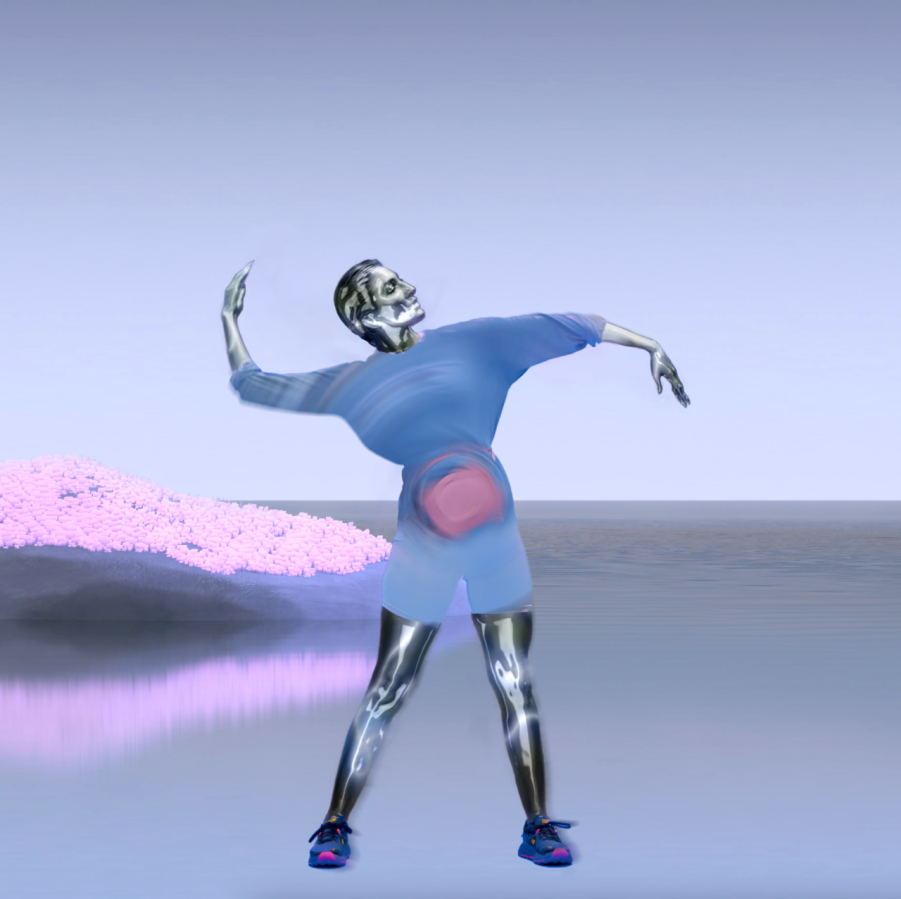Luxury fashion brand Hermès won a lawsuit Wednesday against creator Mason Rothschild for violating a trademark by selling NFT ‘Meta Birkins,’ riffing on the line’s signature status bags, with the jury ruling the digital images are not art, in apparently the first trial to consider intellectual property infringement by NFTs.

Key Facts
A nine-person jury in Manhattan federal court ruled Rothschild infringed on Hermès’ trademark of their iconic Birkin purses, finding his NFTs were not protected speech, according to the New York Times and Bloomberg Law.
Hermès was awarded $133,000 in damages, $100,000 for intellectual property infringement, and $23,000 for cybersquatting, or using a domain name similar to that of Hermès, according to the Financial Times.
The trial was the first to examine intellectual property law and NFTs, according to Bloomberg Law.
A lawyer for Rothschild told the Financial Times the fight is “far from over,” and criticized Hermès as “a multibillion dollar luxury fashion house who says they ‘care’ about art and artists but feel they have the right to choose what art IS and who IS an artist.”
Key Background
Hermès began selling Birkin bags in 1984 and are considered a staple of the brand and are an elite status symbol. They can sell for tens of thousands of dollars. With its boxy shape and signature strap, Birkins are one of the most well-known purse designs ever.
Rothschild, 28, began selling MetaBirkin NFTs on his website in 2021. An Instagram account advertising the NFTs has over 18,000 followers. Rothschild sold 100 NFTs for $450 each, and he received 7.5% of secondary sales—he estimated he earned roughly $125,000 in total. Hermès sued Rothschild in 2022. He said the NFTs were an “ironic nod” to Hermès. Instead of traditional leather, the NFTs portray the Birkins made in fur, with bright colors and designs.
A lawyer for Hermès argued the only reason the NFTs were purchased was because of the Birkin name, which implied a nonexistent connection to the luxury label. Lawyers for Rothschild argued the NFTs were art and should be protected by the First Amendment, like Andy Warhol’s paintings of Campbell’s soup cans.
This post originally appeared on Forbes.com.


